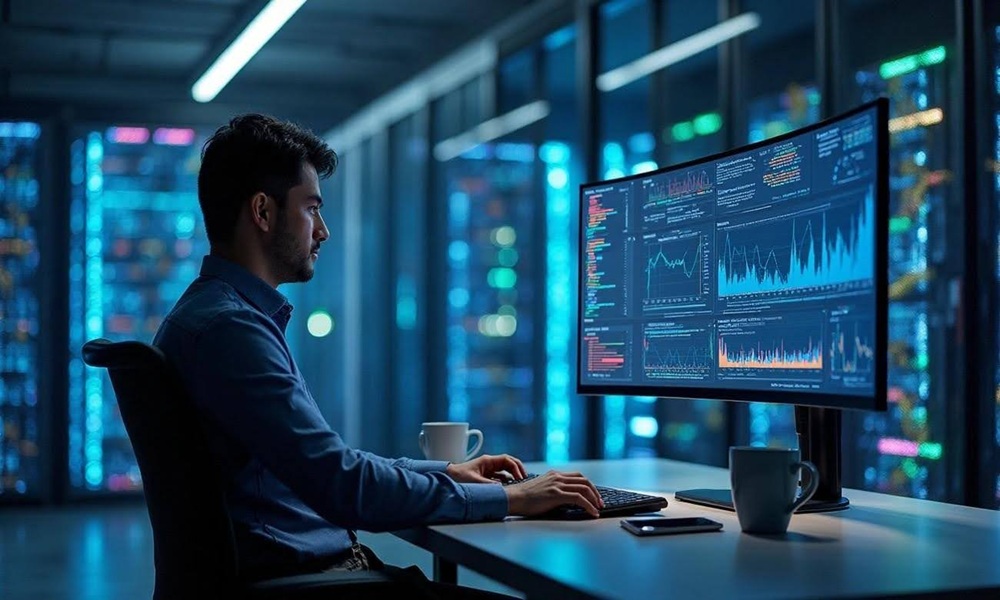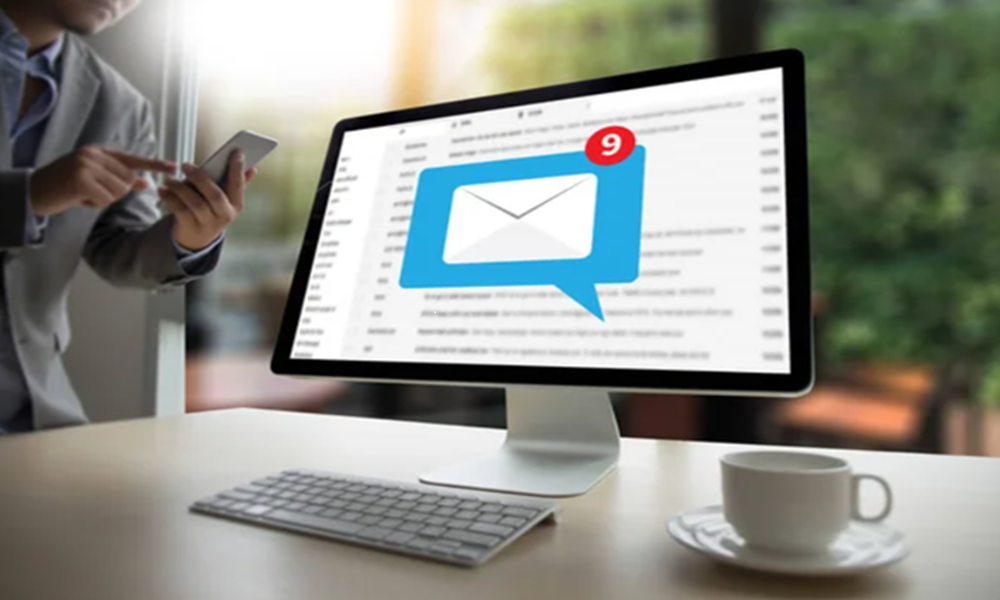Public Wi-Fi has become a modern convenience that most of us rely on daily. Whether in a café, airport, or hotel, it’s easy to connect and start browsing without a second thought. However, behind that free connection lies a minefield of security risks that can leave your private data exposed. The truth is that these networks are often unprotected, giving cybercriminals a direct route to your information. That’s why using a VPN isn’t just a tech-savvy move—it’s a necessity to protect your identity online and keep your data safe no matter where you connect.
The Hidden Dangers of Free Wi-Fi
Free Wi-Fi feels like a gift, but it often comes with invisible strings attached. These public networks are rarely encrypted, which means that any data you send or receive can be intercepted by others on the same network. Hackers often use basic tools to monitor these unsecured connections, allowing them to steal personal details, login credentials, and even banking information in mere seconds.
Even legitimate networks aren’t entirely safe. Cybercriminals can set up “evil twin” hotspots—Wi-Fi networks that mimic the real ones with slightly altered names. Once you connect, they can spy on your online activity or inject malware into your device. In crowded places like airports or malls, it’s almost impossible to tell whether you’re connecting to a genuine access point or a trap designed to harvest your data.
The most unsettling part is that many users assume security is automatic. Just because a network requires a password doesn’t mean it’s secure. Password protection only stops unauthorized people from connecting; it doesn’t encrypt your data while you browse. Once you’re on that network, your traffic can still be tracked, intercepted, or manipulated without your knowledge.
How Hackers Exploit Public Networks
Public Wi-Fi networks are a playground for hackers seeking easy targets. One of the most common tactics is “packet sniffing,” where attackers use software to capture data transmitted over unsecured networks. This allows them to view your emails, messages, or any unencrypted website traffic in real time.
Another method involves “man-in-the-middle” attacks, where hackers intercept communication between your device and the website you’re trying to access. You may think you’re securely logging into your online banking or shopping account, but the attacker is quietly collecting your information in the background.
Even something as innocent as browsing social media or checking your email can be risky. Cybercriminals can exploit security flaws in your browser or outdated software to install malicious code. Once malware infiltrates your device, it can give it full access to your files, passwords, and even your webcam.
How a VPN Keeps You Safe
A Virtual Private Network, or VPN, establishes a secure connection between your device and the internet. When you connect through a VPN, your data is encrypted, making it unreadable to anyone who tries to intercept it. This encryption ensures that even if a hacker manages to capture your data packets, all they’ll see is a stream of scrambled information with no usable content.
Additionally, VPNs mask your real IP address and replace it with one from the VPN server. This not only hides your physical location but also prevents websites, advertisers, and even your Internet Service Provider (ISP) from tracking your online activity. Whether you’re at a coffee shop or traveling internationally, your browsing remains private and anonymous.
Using a VPN also allows you to access websites safely on networks that might otherwise block or restrict content. Many public Wi-Fi providers limit access to certain services or websites to conserve bandwidth. With a VPN, your traffic appears as secure, encrypted data, allowing you to browse freely without revealing what you’re accessing.
Why You Should Never Connect Without Protection
It’s tempting to quickly join a public Wi-Fi network when you need to check an email or look something up, but doing so without protection can expose you to severe risks. Once a hacker gains access to your personal information, the consequences can range from stolen login details to full-blown identity theft. Recovering from such an attack can take months, not to mention the emotional and financial toll it causes.
A VPN provides an easy and effective layer of defense that works silently in the background. Unlike antivirus software, which only protects against known threats, a VPN prevents your data from being visible in the first place. It’s a proactive step toward securing your digital life, ensuring your information stays confidential, even on the most unsafe networks.
If you frequently work remotely, travel, or use shared Wi-Fi, having a VPN should be as essential as having antivirus protection. It’s not just for tech enthusiasts or privacy advocates—it’s a tool for anyone who values their personal security.
The Bottom Line
Free Wi-Fi might be convenient, but it’s far from safe. The moment you connect, you’re potentially opening the door to cyber threats that can compromise your identity, finances, and personal information. A VPN is your best defense against these dangers, encrypting your data and keeping your online activity private from prying eyes.
So, the next time you’re tempted to hop onto that free network at your local café or airport, take a moment to think about what’s at stake. With a VPN protecting your connection, you can browse, stream, and work securely—knowing that your digital life remains truly yours.





Leave A Comment
You must be logged in to post a comment.